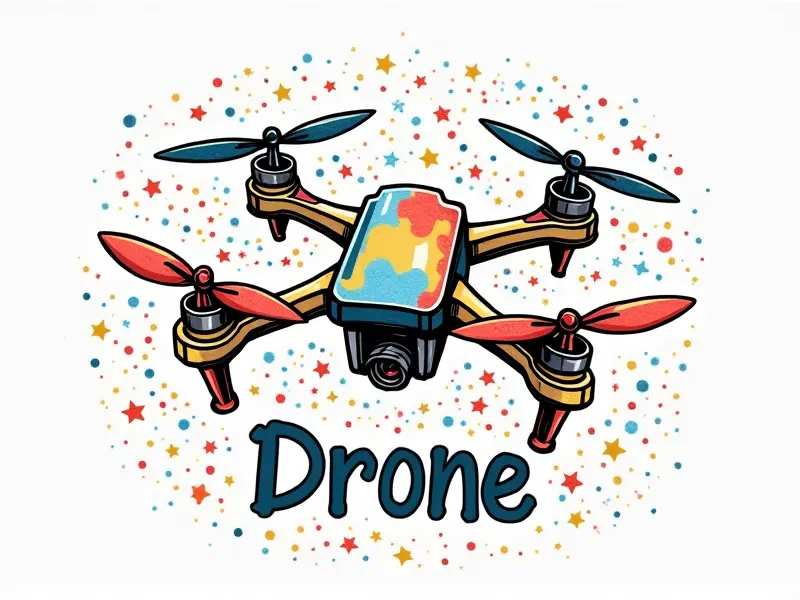Radio transmitter regulations

Understanding RC Transmitter Regulations
Radio-controlled (RC) models are a popular hobby enjoyed by enthusiasts around the world. However, with the increasing popularity and sophistication of these devices comes a greater need to understand and comply with radio transmitter regulations. These rules vary widely depending on your location, but they all share the common goal of ensuring safe and legal operation of RC transmitters.
RC Flying Laws: What's Required?
The first step in understanding RC flying laws is knowing what’s required for safe operation. This includes obtaining the necessary certifications or licenses if applicable, adhering to local airspace regulations, and complying with frequency restrictions imposed by aviation authorities such as the Federal Aviation Administration (FAA) in the United States.
Navigating RC Radio Regulations
RC radio regulations can be complex due to their technical nature. It is crucial to understand which frequencies are legal for use based on your location and whether you need to obtain specific permits or licenses from local authorities before operating your transmitter.
Frequency Allocation
- 2.4 GHz: Widely used in many countries due to its versatility, but check if it’s regulated by your country's aviation authority.
- 72 MHz: Common for model aircraft in the US, but restricted or prohibited in other regions.
Licensing Requirements
In some jurisdictions, you may need to obtain a license from an organization like the American Radio Relay League (ARRL) before operating your RC transmitter. Always check with local authorities for specific requirements.
Legalities of Using RC Transmitters
The legal framework governing the use of RC transmitters is designed to protect public safety and ensure responsible operation. This includes restrictions on flying areas, time-of-day limitations, and distance limitations from populated zones or sensitive sites like airports.
Flying Restrictions
- Prohibited Areas: Avoid flying near airports, military bases, and other restricted airspace.
- No-Fly Zones: Certain areas may have specific no-fly zones that you must adhere to.
RC Transmitter Rules by Country
The rules governing RC transmitters vary significantly from one country to another. In the United States, for instance, regulations are enforced by the Federal Communications Commission (FCC), while in Europe, directives come from the European Union's Radio Spectrum Policy Group.
United States
- FCC Regulations: Ensure compliance with FCC rules regarding frequency usage and transmitter power.
- FAA Rules: Adhere to FAA guidelines for safe flying distances from populated areas.
European Union
- RSPG Directives: Follow RSPG guidelines on frequency allocation and transmitter power limits.
- Civil Aviation Authority (CAA): Comply with CAA regulations regarding no-fly zones and flying times.
Essential RC Transmitter Compliance
To ensure compliance, always consult the latest regulatory documents provided by your local aviation authority. This includes checking for updates to frequency allocations and any new restrictions that may have been implemented since you last reviewed them.
Frequency Checklists
Maintain a checklist of frequencies approved in your area and regularly update it as regulations change.
Example Checklist
- FCC-approved Frequencies: 2.4 GHz, 72 MHz (US)
- EU-Approved Frequencies: 2.4 GHz, 5.8 GHz
RC Transmitter Regulations Simplified
Simplifying the process of understanding and complying with RC transmitter regulations can make it easier for hobbyists to stay within legal boundaries without feeling overwhelmed by technical details.
Key Points
- Frequency Allocation: Know which frequencies are legal in your area.
- Licensing Requirements: Obtain any necessary licenses or certifications.
- Flying Restrictions: Be aware of no-fly zones and restricted airspace.
Stay Legal with RC Transmitter Rules
The best way to stay legal is by being proactive about understanding the regulations relevant to your location. This includes regularly checking for updates, joining local hobby groups where you can exchange information and advice, and consulting professional organizations like the Academy of Model Aeronautics (AMA).
Resources
- Local Aviation Authorities: Contact your country’s aviation authority for specific guidelines.
- Hobby Groups: Join local RC flying clubs to stay informed about regulations and best practices.
Top RC Transmitter Rules Explained
Here are some of the most important rules every RC enthusiast should know:
FCC Regulations (United States)
- Frequency Usage: Use only approved frequencies such as 2.4 GHz and 72 MHz.
- Licensing Requirements: Obtain an amateur radio license if operating on specific bands.
European Union Rules
- RSPG Guidelines: Follow RSPG directives for frequency allocation and transmitter power limits.
- No-Fly Zones: Adhere to designated no-fly zones in urban areas, near airports, etc.
Navigating RC Radio Laws Today
The landscape of RC radio laws is constantly evolving as new technologies emerge and more stringent safety regulations are put in place. Staying informed about these changes is crucial for maintaining compliance and enjoying your hobby responsibly.
Future Trends
- Digital Technology: Increased use of digital frequencies may lead to stricter regulations on analog systems.
- Safety Enhancements: New safety features could be mandated by aviation authorities in the future.
Must-Know RC Transmission Laws
Knowing and adhering to the laws governing RC transmissions is not just a legal requirement but also an ethical responsibility. By staying informed about your local regulations, you can ensure that your hobby remains safe, enjoyable, and in compliance with all relevant rules.
Conclusion
Understanding and complying with radio transmitter regulations is essential for any RC enthusiast to enjoy their hobby legally and safely. Whether you are flying model aircraft or controlling remote vehicles, being aware of the specific laws governing your location will help prevent legal issues and ensure a positive experience for all involved.

